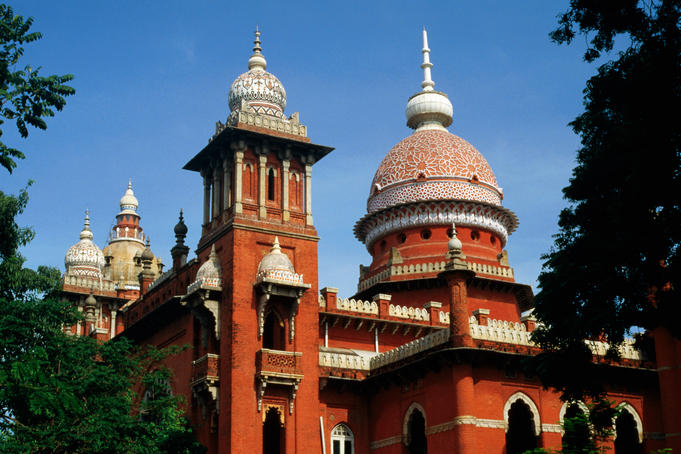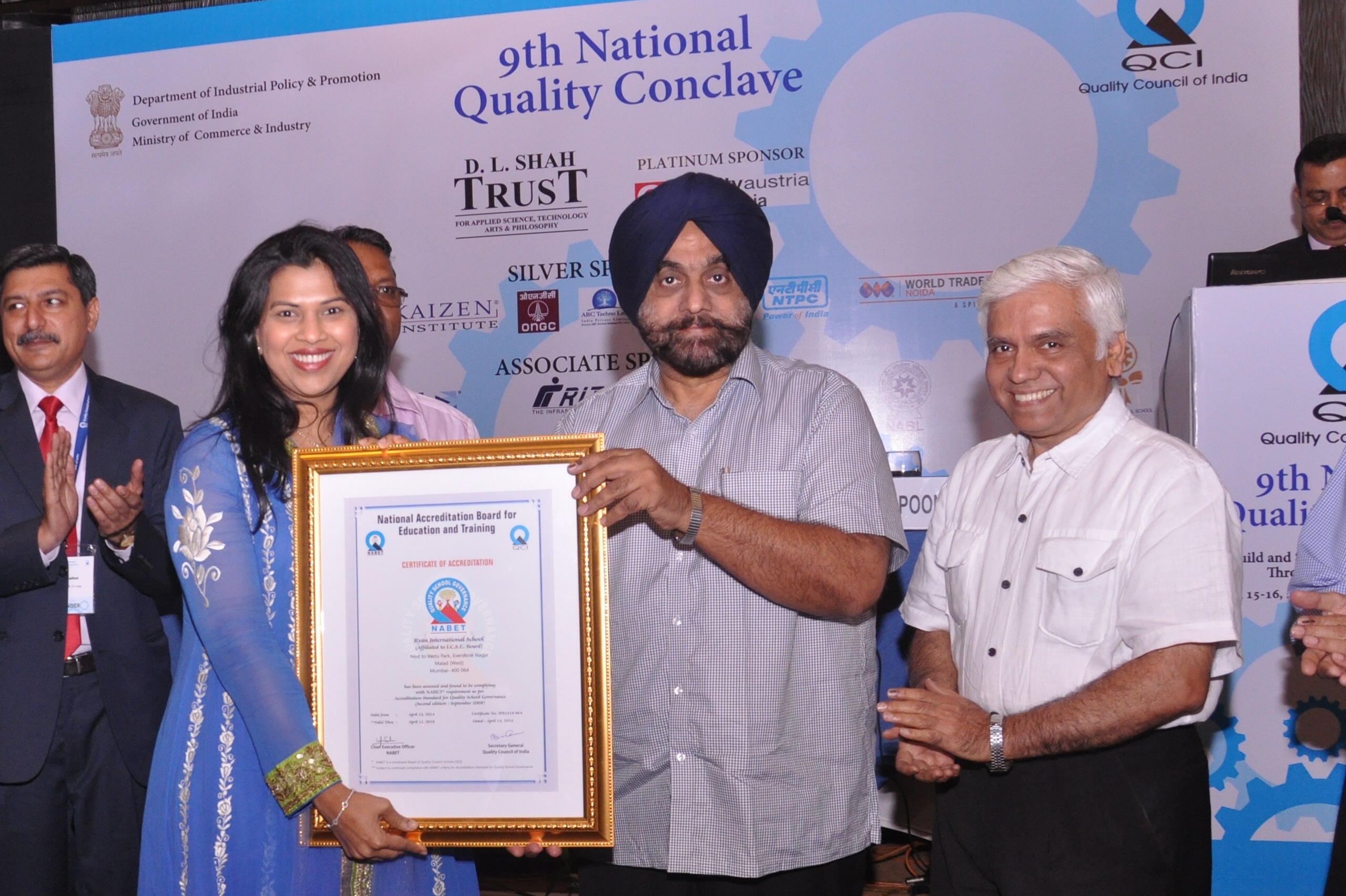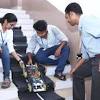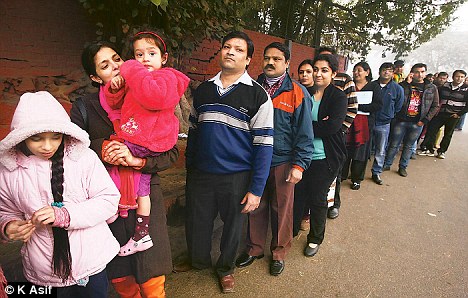
“Apart from basic qualifications, one of the key aspects that a student much have is passion for fashion and a desire to succeed”, says Meghna Ghai Puri, President of Whistling Woods International.
What is the current market trend of Fashion Designing studies in India?
In a highly competitive 21st century market, competence alone can no longer guarantee sustained success to a professional. The fashion industry is no exception to this trend. The Indian Fashion Industry is evolving and so are the opportunities to make a career in this industry. People are realizing the importance of professional training before entering the business. Along with fashion designing, niche subjects like fashion forecasting, fashion merchandising, pattern making & illustration, fashion marketing, fashion writing, and celebrity styling too are gaining popularity.
Please share about the various programmes structured in your institute?
The two-year Diploma in Fashion provides an all-round knowledge in every aspect of Fashion, Design & Business, as well as opens avenues to the many fast growing & multiple career options in the industry, apart from creative design. Keeping in mind the latest trends, we have introduced specialized courses like Celebrity Styling for Films and Television, Draping, Pattern Making and Apparel Construction, and Digital Fashion Using CAD, and Illustration. Other weekend short programmes include Fashion Marketing, Pattern drafting and sewing techniques, Couture finishing and customization, Fashion writing, Personal Styling And Grooming, Fashion Photography, and Fashion Hair and Make Up. We will soon be introducing more of such unique long-term and short-term programmes.
For who is the programmed best suited and what are the key skills that you look for in a candidate?
Apart from basic qualifications, one of the key aspects we look for in our candidates is a passion for fashion and a desire to succeed. Apart from just academics, we look at what students have done with respect to extra-curricular activities. The school provides good exposure to students at an early stage and hence we need to ensure that the candidates we take will make the most of it and be great flag-bearers for the school in the long run.
What is the scope for Fashion Designing in India?
India is now the centre of attraction and several international brands are putting up stores across the country and putting Indian consumers on global platform. The sector is seeking a talented workforce. A student of fashion groomed correctly can get placed under various streams, depending on his/her interest and expertise. The entry-level salary can range anywhere between Rs. 15,000-25,000 per month. Free lancers can make anywhere between Rs. 5,000-15,000 per day depending on the chosen stream. Further success and growth depends on each individual’s hard work and talent; the sky is the limit in this industry.



























